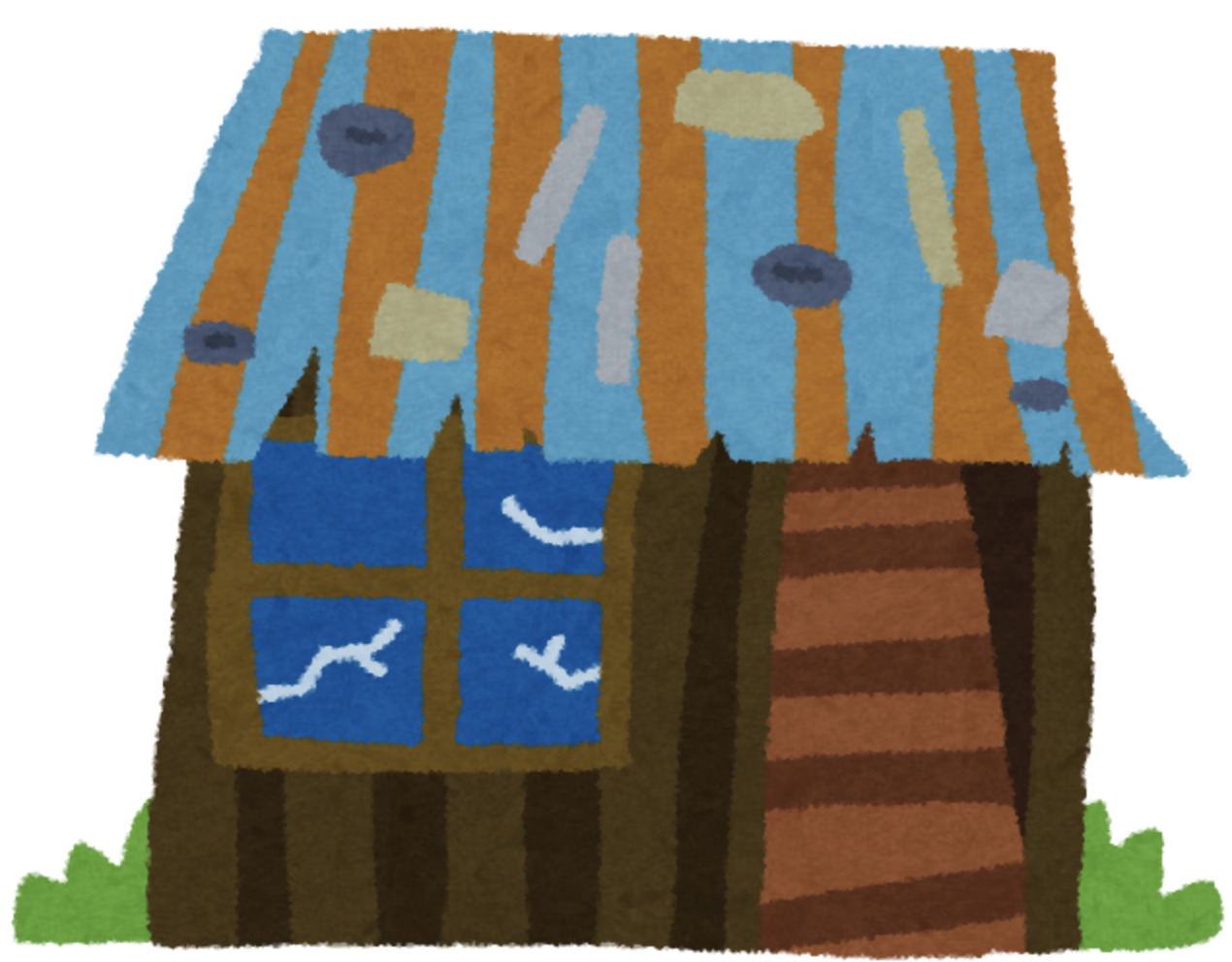Japan, known globally for its technological innovations and rich cultural heritage, has a distinctive real estate market characterized by the surprising affordability of old detached houses. In this article, we explore the various factors contributing to the low prices of these traditional homes in Japan.
- Depreciation Value: A Unique Perspective
- Cultural Preference for New Homes: A Clean Slate
- High Maintenance and Renovation Costs: The Price of Age
- Earthquake Resilience: Building for Safety
- Evolving Family Dynamics: Adapting to Modern Needs
- Urbanization and Location Preferences: The City Life
- Land Taxation: The Cost of Ownership
- Economic Factors: The Impact of Stagnation
- Conclusion: Weighing the Pros and Cons
Depreciation Value: A Unique Perspective
In contrast to many Western countries where houses appreciate over time, Japanese houses depreciate in value, similar to cars. The rapid depreciation of houses over a few decades makes older homes particularly affordable, although the land may still retain or gain value, depending on its location.
Cultural Preference for New Homes: A Clean Slate
The Japanese culture values newness and purity, leading to a preference for new homes, perceived as cleaner and more auspicious. This cultural inclination results in reduced demand and lower prices for older houses.
High Maintenance and Renovation Costs: The Price of Age
Due to outdated construction methods and materials, older houses in Japan often incur higher maintenance and renovation costs. These potential additional expenses can deter prospective buyers, decreasing demand and prices.
Earthquake Resilience: Building for Safety
Located in a seismic hotspot, Japan has stringent earthquake-resistant building standards. Older houses may not meet these modern standards, and retrofitting can be expensive, making new constructions more appealing and reducing the demand for older homes.
Evolving Family Dynamics: Adapting to Modern Needs
With the trend towards smaller family units in Japan, old detached houses, traditionally designed for extended families, may not meet the needs of the modern nuclear family, impacting their market desirability and price.
Urbanization and Location Preferences: The City Life
The ongoing urbanization in Japan has led to a growing preference for living in city centers. Many old detached houses are located in less attractive suburban or rural areas, affecting their market value.
Land Taxation: The Cost of Ownership
In Japan, land is taxed, and owning a larger plot with an old house can incur significant annual taxes. This taxation can make owning old detached houses less attractive, especially if the land is disproportionately valued compared to the house.
Economic Factors: The Impact of Stagnation
Japan’s economic stagnation over the past few decades has influenced real estate prices significantly. The deflationary pressures and stagnant wages have contributed to making old detached houses more affordable.
Conclusion: Weighing the Pros and Cons
The affordability of old detached houses in Japan is influenced by a myriad of factors including cultural preferences, geographical challenges, societal norms, and economic conditions. While these houses may be an affordable option, potential buyers must consider the associated drawbacks such as maintenance costs and location. The interplay of tradition and modernity in Japan’s real estate market reflects the evolving value perceptions and preferences of its society.




Comments